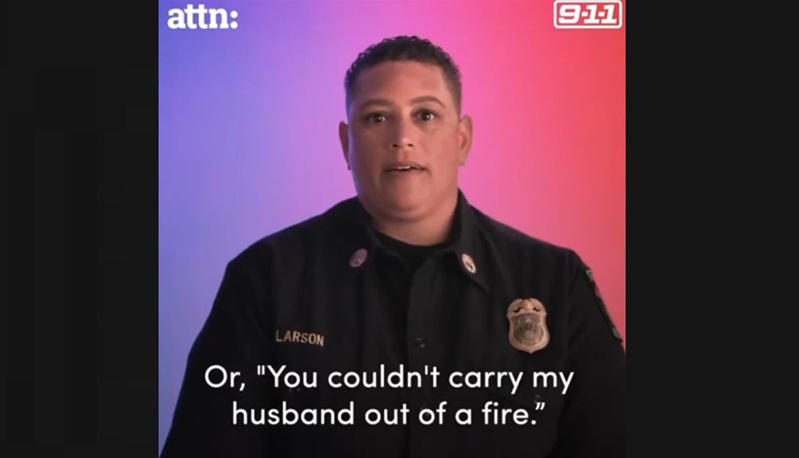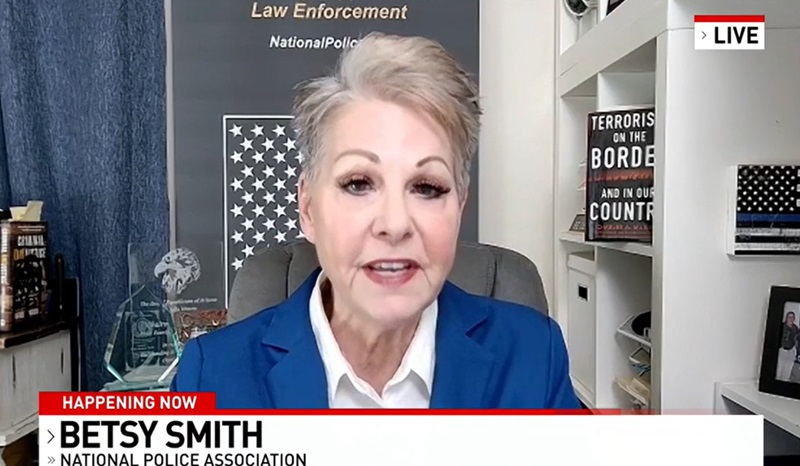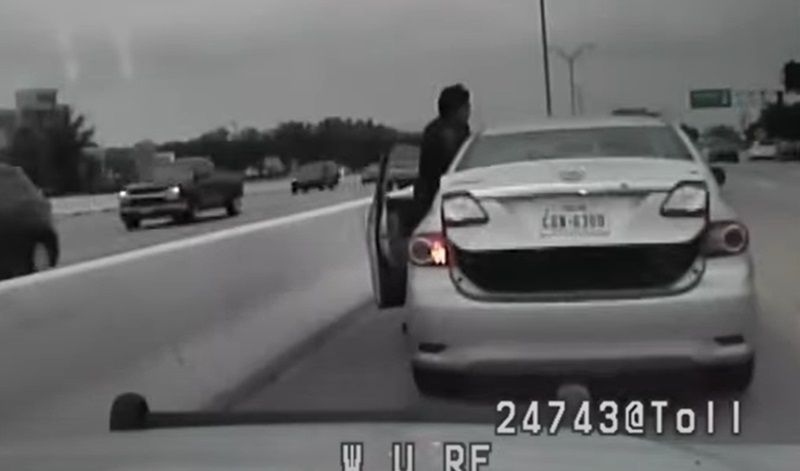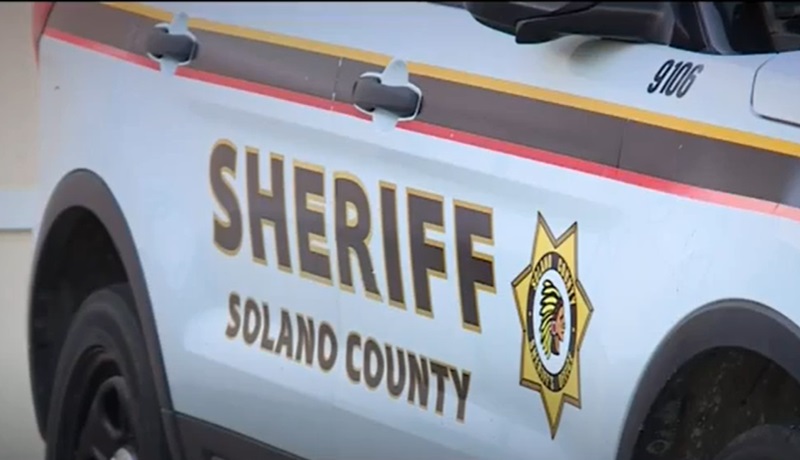
It’s illegal to drive barefoot. If you have to shoot somebody, you have to drag them into your house to claim self-defense. The guy who assaulted me is Black and I’m Jewish, so that’s a hate crime. She verbally assaulted me. Possession is 9/10ths of the law. You have to let me go because you didn’t read me my rights. Police officers are confronted with such misconceptions about the law and police procedure regularly and then must spend some time educating the public about the facts. Educating the public is an important aspect of policing.
There are formal ways that many officers are teachers. It might be presenting a course or lecture at the police academy. It might be as a guest speaker at a community event. Some officers teach criminal justice classes online or at the local community college. Officers obtain status as a trainers in specialties like drunk driving enforcement or computer crime. Some are field training officers for rookies fresh out of the academy.
As important as these formal teaching assignments are, every police officer is a teacher as they go about their duties. A colleague stopped a vehicle and during the contact noticed that the child occupant of the vehicle was not properly secured in the required child safety seat. The officer took some time to instruct the driver on the law and on the proper way to install and secure the child seat. A few weeks later he got a rare letter of thanks. The parents were subsequently involved in a crash and wrote to say that the child was safe and uninjured because they had applied what the officer had told them.
On a traffic stop when the driver complains that the officer should be out catching “real” criminals, the officer has the opportunity to help them understand the importance of speed enforcement. Did you know that a third of all fatal crashes are related to speed and that over 50,000 crashes are at low speeds resulting in about 25,000 injuries every year? Did you know that there are over 40,000 fatal crashes in the US annually but under 20,000 murders? Not every driver is ready to hear a mini-lecture, but a few facts can be helpful.
A state trooper colleague told me that his goal was to hear a thank you from every contact he made. He did this quite successfully by taking time to listen and answer questions that presented teachable moments to the public.
Crime victims are often in a state of distress and even anger. The officer on the scene can offer information on victim services, crime prevention advice, and what is likely to happen next. Family members of people arrested or under investigation are told how the system works so that some of the mystery of the process is revealed as their loved one is taken into custody.
Law enforcement is often referred to as the gateway to social services. Families in distress may not know about counseling or support services that are available. An officer can provide information on addiction groups, private benevolence organizations, government programs, and shelters.
The best practice for officers is for them to provide their name and official contact information (required by most police agencies and by law in some states) that gives a point of reference. Saying “If you have any problems or questions you can call me or someone at the department that can help you” is the officer’s opportunity to be a future resource to the citizen who may not know where to go for information on police services, court procedures, or community services.
Not every officer will stand behind on a stage with a lesson plan in hand, but every officer is a teacher.






